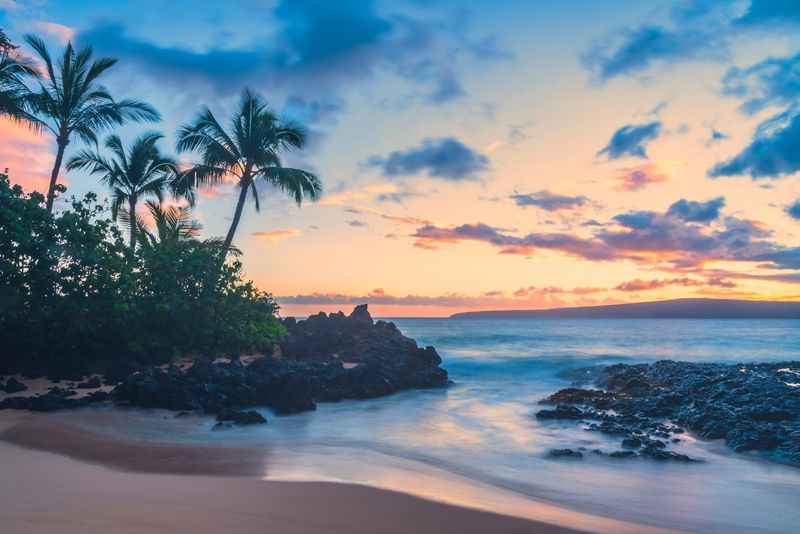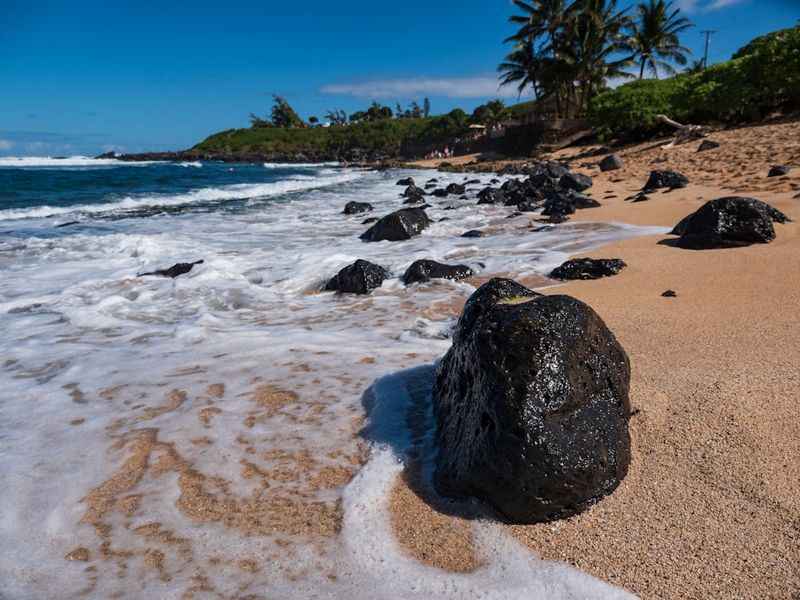6 Things to Know Before Traveling to Maui
Maui, the second-largest of the Hawaiian islands, invites travelers into its fold with open arms, offering a mosaic of culture, adventure, and breathtaking natural landscapes. Known as the "Valley Isle," Maui has become a coveted destination for tourists seeking both relaxation and the thrills of nature's wonders. Before you pack your bags and set off to this tropical paradise, there are a few aspects of Maui life and its myriad offerings that you should be aware of. From ocean adventures like snorkeling to understanding the island's unique climate, prepare yourself for an unforgettable experience with these six essential tips.

Snorkeling in Maui: A World Beneath the Waves
Maui is a snorkeling haven, boasting some of the clearest waters and vibrant marine life in the Pacific. The Molokini Crater, a partially submerged volcanic crater off Maui’s coast, offers an underwater sanctuary for marine life and provides snorkelers with visibility up to 150 feet on a clear day. Plus, as seen at sites such as https://www.realhawaiitours.com/maui/snorkeling/, there are many snorkeling tours available to explore other top snorkeling spots like Honolua Bay and Turtle Town. Remember to pack or rent your snorkeling gear and follow all safety precautions, including avoiding touching the coral reefs, as they are delicate ecosystems.
Understanding Maui’s Microclimates
One of Maui's most fascinating features is its diverse climate zones. From the lush, rainy east coast, home to the famous Road to Hana, to the arid slopes of Haleakalā volcano, the island's weather can vary dramatically. This means you could start your day basking in the sun on a beach in Kihei and end it by watching the clouds roll in at the summit of Haleakalā. To be fully prepared, pack layers and rain gear, no matter the season. Checking the local weather forecasts for each area you plan to visit can help you make the most of each adventure, rain or shine.
Local Cuisine: A Taste of the Island
Maui's culinary scene is as diverse as its landscapes. The island's rich volcanic soil and surrounding ocean provide a bounty of fresh produce and seafood, making it a haven for foodies. When in Maui, sampling traditional Hawaiian dishes such as poi, poke, and kalua pig is a must. Be sure to visit local markets and food trucks, where you'll find not only mouth-watering local cuisine but also the warm aloha spirit of the island's residents. Exploring the island’s culinary offerings provides a delicious insight into the culture and traditions of Maui.
Respect for Culture and Tradition
Maui is rich in Hawaiian culture and heritage, evident in its festivals, music, dance, and historical sites. Visitors are encouraged to explore and participate in cultural activities, such as attending a luau or visiting the Īao Valley State Park, to gain a deeper appreciation for the island’s history and traditions. However, it's important to approach these experiences with respect and sensitivity towards local customs and sacred sites. Taking the time to learn about the cultural significance of the places you visit enriches your travel experience and fosters a respectful exchange between visitors and local communities.
The Road to Hana: Journeying Beyond the Pavement
The Road to Hana is infamous for its winding turns and stunning views, leading travelers through a lush, tropical rainforest. This trip is more about the journey than the destination, with numerous waterfalls, hikes, and scenic spots along the way. Make sure your vehicle is up for the task, and start early to avoid the crowds and allow ample time to explore. Remember, cell service can be spotty, so downloading a guide or map in advance can help you identify key attractions and ensure a smooth adventure.
Maui’s Conservation Efforts and Sustainable Tourism
Maui is not just a paradise for visitors but a living ecosystem that requires protection and preservation. The island is at the forefront of conservation efforts, aiming to maintain its natural beauty and biodiversity. Tourists play a crucial role in these efforts by practicing sustainable tourism—being mindful of water usage, avoiding single-use plastics, and participating in eco-friendly activities. Supporting businesses that prioritize sustainability contributes positively to the island’s environmental preservation and ensures that Maui remains a vibrant and thriving destination for years to come.

In wrapping up, traveling to Maui is an opportunity to immerse yourself in the island’s stunning natural beauty, rich culture, and unique culinary delights. By keeping these six essential tips in mind, you’re not just preparing for a trip but setting the stage for an enriching experience that respects and celebrates the marvel that is Maui. From snorkeling in crystal-clear waters to exploring its varied climates and engaging with local traditions, your adventure in Maui awaits with open doors and the promise of unforgettable memories.







